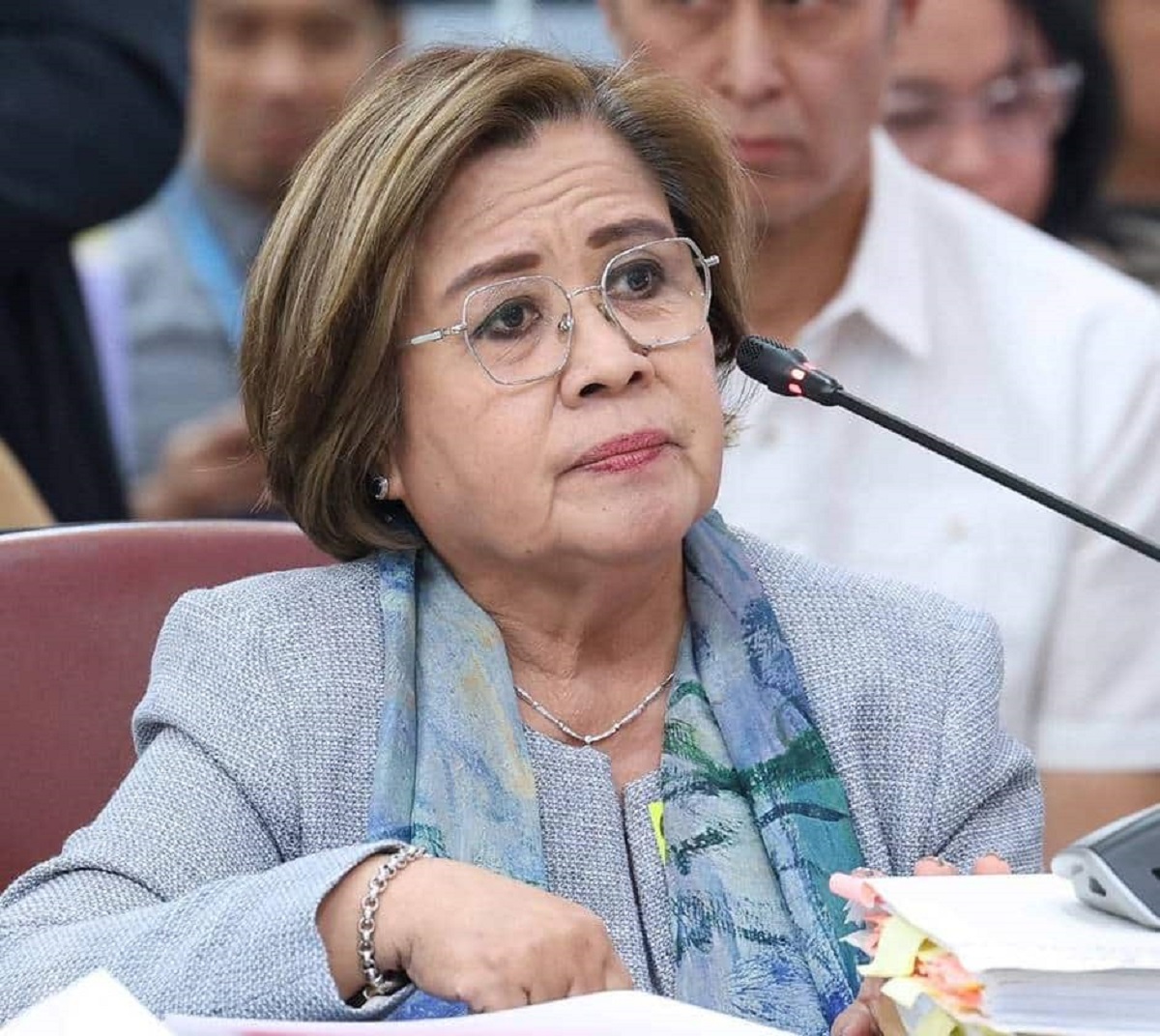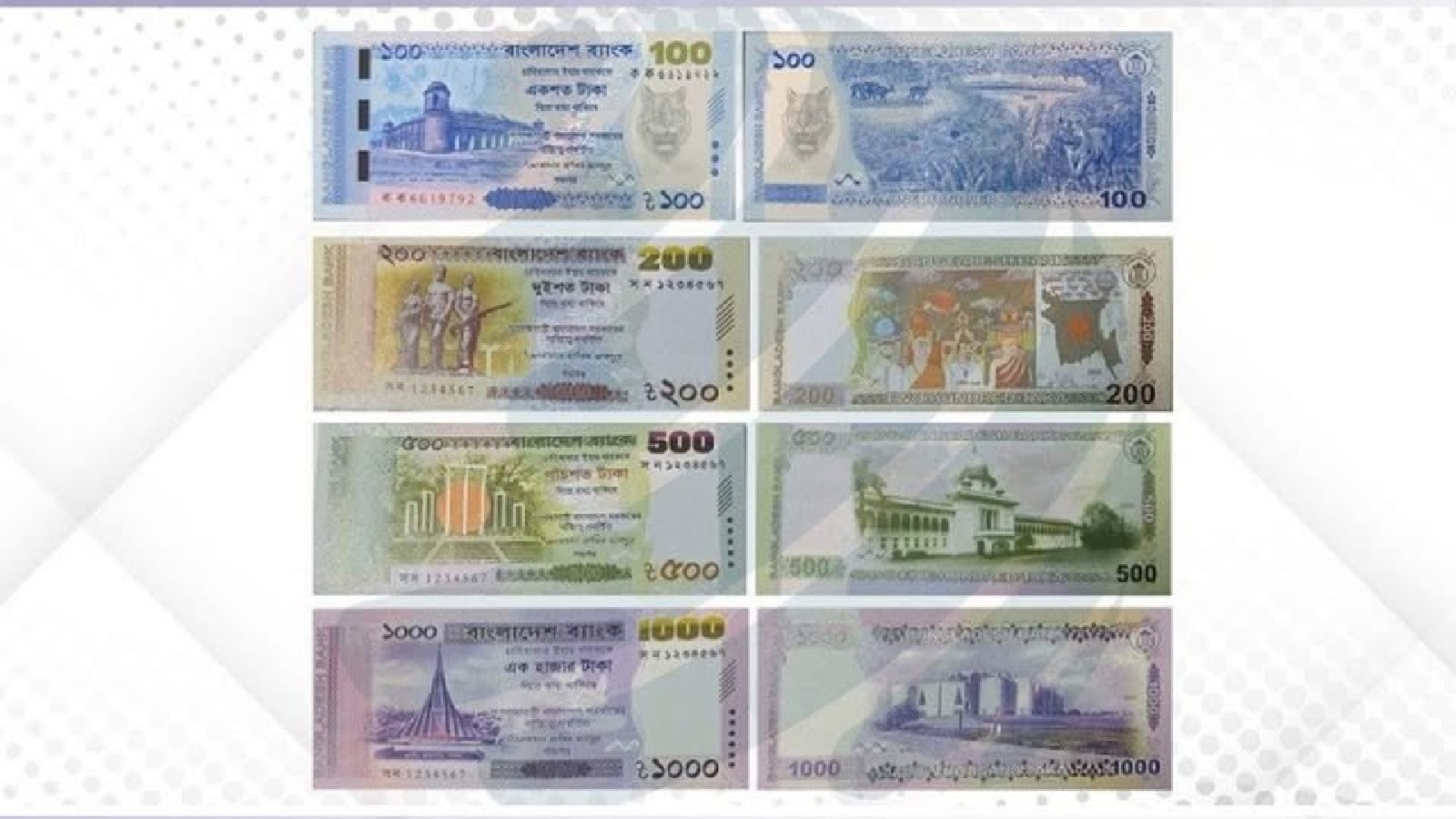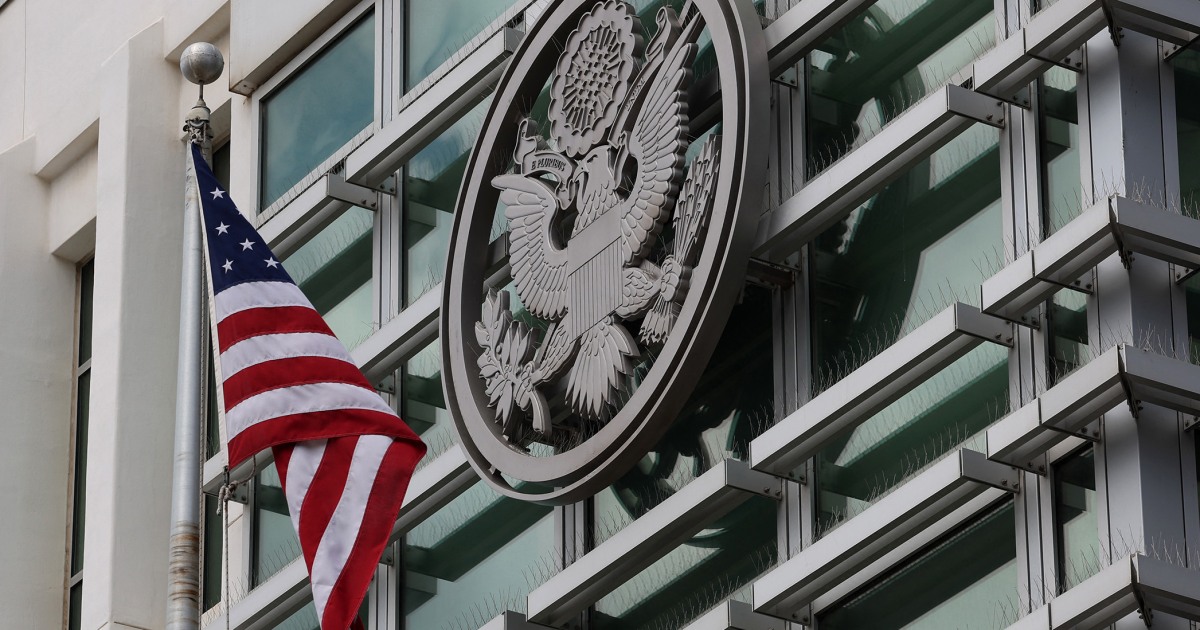Incoming Philippine Lawmaker Leila de Lima Pledges to Criminalize Red-Tagging

MANILA, Philippines — In a bold declaration made on Wednesday, incoming party-list Representative Leila de Lima promised to introduce legislation aimed at criminalizing the dangerous practice of Red-tagging during the upcoming 20th Congress. This commitment follows a recent report from Reporters Without Borders (RSF), which has been vocal in urging newly elected Filipino lawmakers to take decisive action against this issue that threatens the integrity of free expression in the country.
Red-tagging refers to the alarming trend of labeling critics, activists, journalists, and human rights defenders as communists, a tactic that has been increasingly utilized under the current Marcos administration. In an interview, De Lima emphasized the gravity of the situation, stating, “Red-tagging is a threat to truth.” She further affirmed her commitment to combating this issue by saying, “In Congress, I will fight to criminalize it. Press freedom is non-negotiable.” These remarks underscore her long-standing advocacy for human rights and press freedom, signaling a potential legislative battle in the coming months.
Leila de Lima, who gained international recognition for her staunch opposition to the controversial anti-drug campaign in the Philippines, also has a history of legislative efforts focused on safeguarding civil liberties. During her tenure as a senator in the 18th Congress, she co-authored a bill that sought to specifically define Red-tagging as a criminal act. This proposed legislation aimed to impose severe penalties, including a prison term of up to ten years and a lifetime ban on holding public office for those found guilty of engaging in Red-tagging. Unfortunately, this bill, along with other critical measures designed to enhance press freedom, has faced significant hurdles and ultimately languished in the Senate.
According to the RSF's 2025 report, while there has been a slight improvement in press freedom in the Philippines, the overall situation remains classified as “difficult.” The report highlights Red-tagging as a prominent and serious threat to journalists and activists trying to operate in an increasingly hostile environment. This ongoing challenge further emphasizes the need for legislative reforms aimed at protecting those who dare to speak out against injustices and abuses of power.
As De Lima prepares to enter Congress, her efforts to criminalize Red-tagging will undoubtedly be watched closely by both supporters and critics alike. The upcoming legislative session promises to be a contentious one as issues of freedom of the press and civil rights take center stage in the national discourse.


























